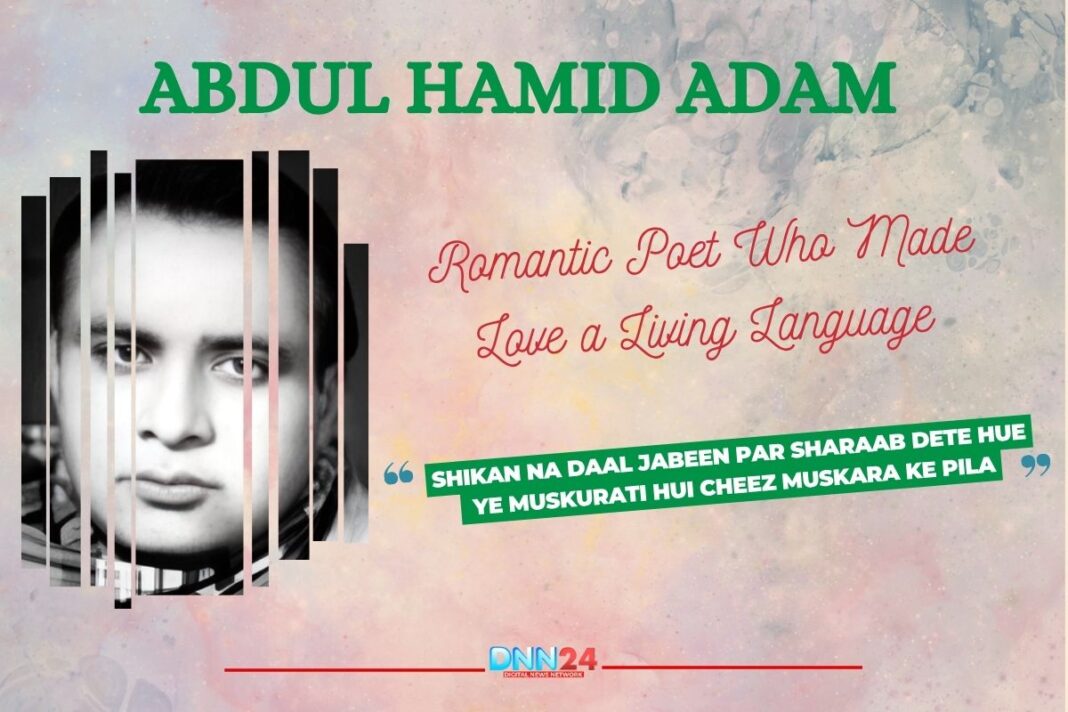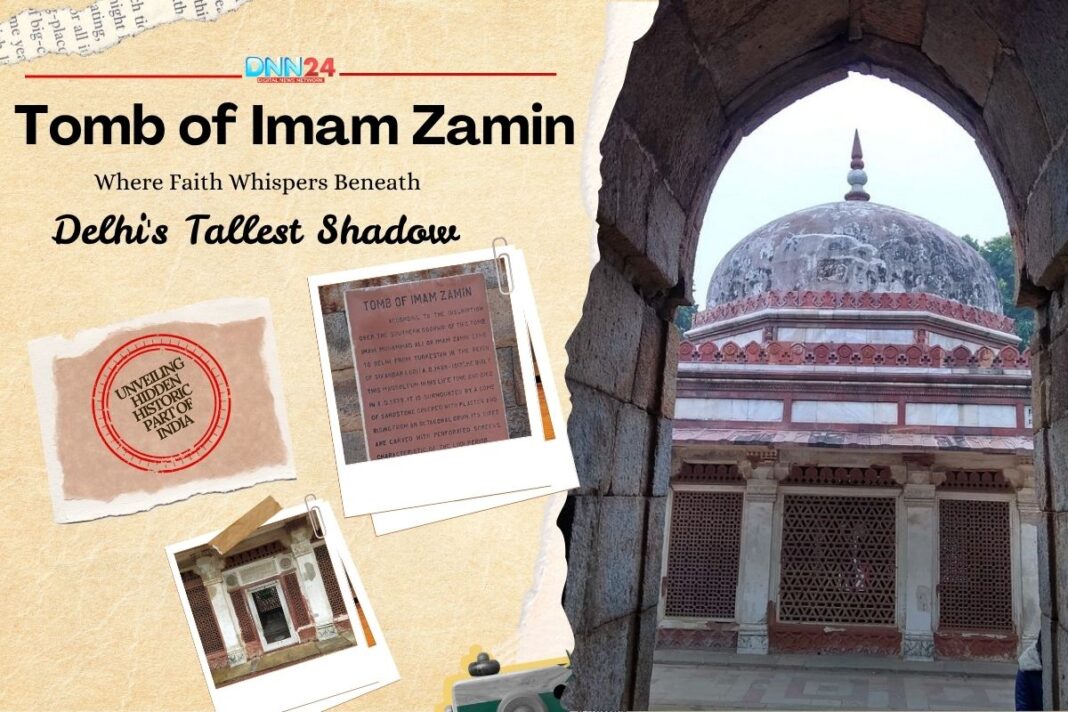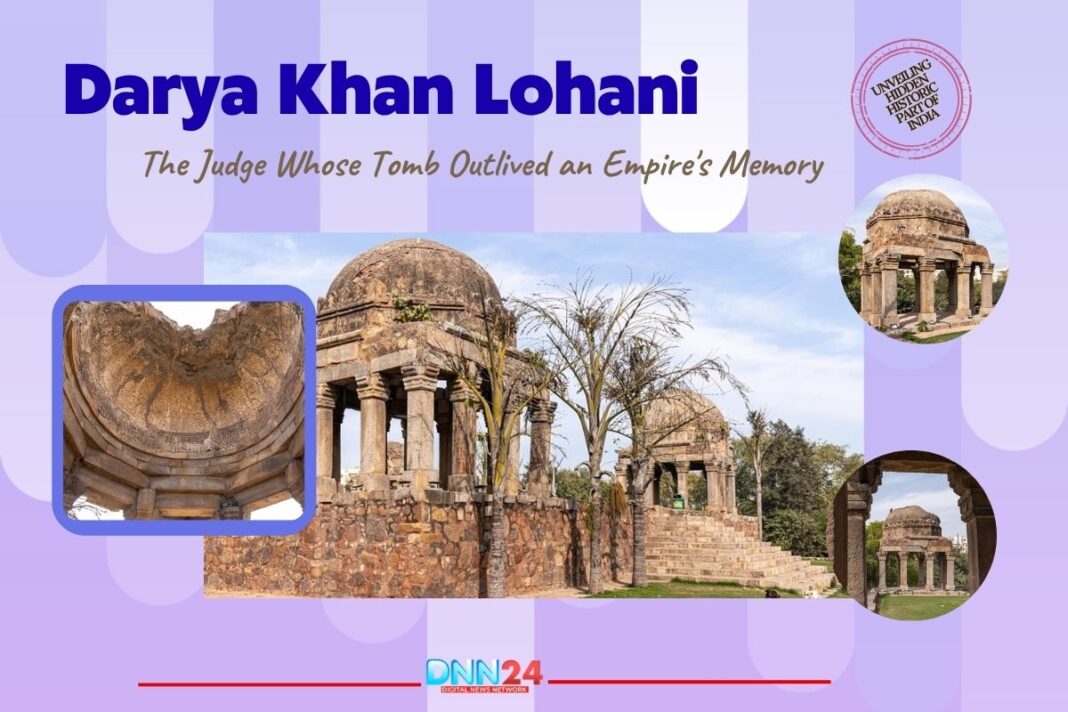When Urdu poetry speaks of romance, specific names surface instantly in our minds. Akhtar Sherani, Josh Malihabadi, and Hafiz Jalandhari stand tall among them. Yet there exists another luminous name that deserves equal recognition: Abdul Hamid Adam. Many may not remember his full name, but his verses remain etched in countless hearts. Adam crafted poetry where love, beauty, longing, and emotion flowed with such tenderness that it gave Urdu literature a distinctive charm.
Sirf ik qadam utha tha ghalat raah-e-shauq mein
Abdul Hamid Adam
Manzil tamaam umr mujhe dhoondhti rahi
His work transcended mere romantic expression. It became a mirror reflecting human experience itself. He viewed love not simply as affection but as a feeling, a discipline, and a pain that keeps people alive. His ghazals and nazms carried that rare quality which makes poetry timeless and universal.
Dil abhi poori tarah toota nahin
Abdul Hamid Adam
Doston ki mehrbani chahiye
The Romantic Era and Adam’s Journey
Adam lived during a period when romanticism dominated Urdu poetry. Akhtar Sherani painted delicate pictures with words, Hafiz Jalandhari enchanted listeners with captivating expressions, and Josh Malihabadi wielded passionate vocabulary with revolutionary fervour. Among these towering figures, Adam carved his own identity.
Baarish sharaab-e-arsh hai ye soch kar ‘Adam’
Abdul Hamid Adam
Baarish ke sab huroof ko ulta ke pee gaya
He embraced the romantic atmosphere of his time but infused it with freshness, his unique style, and glimpses of profound sensitivity. His poetry reflected both separation and union, yet it also captured the essence of changing times. For Adam, love was never merely imagination or fantasy. He treated it as a shade of reality, something present in every heart in one form or another.
Dil khush hua hai masjid-e-veeraan ko dekh kar
Abdul Hamid Adam
Meri tarah Khuda ka bhi khaana kharaab hai
His verses moved beyond conventional romantic themes to touch the very core of human existence. Whether describing the anguish of distance or the joy of closeness, Adam maintained authenticity. His language remained accessible while carrying deep philosophical undertones that resonated with readers across generations and social backgrounds.
Kehte hain umr-e-rafta kabhi laut ti nahin
Abdul Hamid Adam
Ja maikade se meri jawani utha ke la
Life Journey of Abdul Hamid Adam
Adam was born on April 10, 1910, in Talwandi Musa, a village near Gujranwala. His life story began in these humble surroundings. He completed his matriculation from Islamia High School, Bhati Gate, Lahore. Later, he pursued F.A. privately and then secured employment in Multi Accounts. In 1930, he moved to Iraq, where he got married and spent several years.
Jin se insaan ko pahunchti hai hamesha takleef
Abdul Hamid Adam
Un ka daawa hai ki vo asl Khuda vaale hain
He returned to India in 1961, passed the S.A.S. examination, and joined Military Accounts. On March 10, 1981, he departed from this world. His life remained unpretentious and straightforward, yet his poetry stood vibrant, captivating, and deeply impactful. Adam never sought fame or recognition actively, but his words found their way into the hearts of poetry lovers. Despite facing personal and professional challenges, he continued writing with dedication and passion that never wavered throughout his life.
Ae gham-e-zindagi na ho naaraz
Abdul Hamid Adam
Mujh ko aadat hai muskurane ki
The Flow of Poetry and the Depth of Emotions
Adam belonged to that category of poets who wrote continuously and prolifically. His poetry carried an emotional flow that reached directly into hearts. His verses contained the softness of love, the impact of separation, and the call of humanity. The extensive list of his poetry collections demonstrates he was a devoted poet for whom putting down the pen proved impossible.
Shayad mujhe nikaal ke pachhta rahe ho aap
Abdul Hamid Adam
Mahfil mein is khayal se phir aa gaya hoon main
Among his famous collections are Kharabat, Chara-e-Dard, Zulf-e-Pareshan, Sar-o-Suman, Gardish-e-Jaam, Shahr-e-Khuban, Gulnar, Aks-e-Jaam, Rame Aahu, Bat-e-May, Nigarkhaana, Saaz-e-Saf, and Rang-o-Aahang. Each collection narrated a new feeling, a fresh experience, and a different story. His productivity amazed contemporaries and continues to inspire modern poets. The consistency in quality across such vast output reveals his mastery over language and emotion. Adam never compromised on depth while maintaining remarkable prolificacy in his creative journey.
Saqi mujhe sharaab ki tohemat nahin pasand
Abdul Hamid Adam
Mujh ko teri nigaah ka ilzaam chahiye
Interpreting Love, Beauty, and Separation
Adam’s poetry contained that innocence of love which seems lost in today’s fast-paced world. In his ghazals, love extended beyond the beloved to emerge as a spiritual journey. He wrote: “Perhaps after removing me, you regret it, with this thought I have returned to the gathering again.” This couplet represents a beautiful specimen of Adam’s poetry where love holds both belonging and pain alongside hope.
Main maikade ki raah se ho kar nikal gaya
Abdul Hamid Adam
Varna safar hayaat ka kaafi taveel tha
Similarly, he wrote elsewhere: “I took just one wrong step on the path of passion, the destination kept searching for me throughout life.” What exquisite interpretation this verse offers! Getting lost in love, wandering astray, yet seeking one’s destination on that same path, represents the essence of Adam’s romanticism.
Badh ke toofan ko aaghosh mein le le apni
Abdul Hamid Adam
Doobne vaale tere haath se saahil to gaya
Then these words express the depth of his philosophy: “The heart has not broken completely yet; I need the kindness of friends.” Here, Adam’s tone carries neither complaint nor sadness but rather a charming, gentle smile. He understood that breaking forms part of life, and friendship acts like a healing balm.
Ik haseen aankh ke ishaare par
Abdul Hamid Adam
Qaafile raah bhool jaate hain
Recognition of Society and Humanity
Despite being romantic, Adam’s poetry also reflected societal pain and human reality. He wrote: “Those from whom humans always receive trouble, they claim to be the real godly ones.” This verse sounds as accurate today as it must have been during his era. Adam made not only love but also the human soul and face of society integral parts of his work. His style often appeared in references to the wine bearer and wine, yet his meaning never remained literal.
Muskurahat hai husn ka zevar
Abdul Hamid Adam
Muskurana na bhool jaaya karo
He spoke of love and spirituality. “Wine bearer, I do not like the accusation of drinking; I want the charge of your gaze.” Here, wine represents a metaphor for love, and gaze symbolizes that spiritual impact which descends from the beloved’s eyes into the heart. Adam masterfully used traditional Urdu poetry symbols while giving them contemporary relevance and universal appeal.
Takleef mit gayi magar ehsaas reh gaya
Abdul Hamid Adam
Khush hoon ki kuchh na kuchh to mere paas reh gaya
Adam’s Influence and His Legacy
Adam elevated Urdu poetry to that romantic height where words cease being mere vocabulary and transform into feelings. His poetry gave not only love but also the language of love a new identity. His writings still emanate the memory of the beloved, the sting of separation, and the warmth of passion.
Ijazat ho to main tasdeeq kar loon teri zulfon se
Abdul Hamid Adam
Suna hai zindagi ik khoobsurat daam hai saqi
He used to say: “If love is a crime, then I will confess this crime repeatedly.” Adam’s name may not be mentioned today as much as it should be, but his verses remain alive in the heart of every Urdu literature enthusiast. Adam was a poet who made love the language of life and life the interpretation of love.
Thodi si aql laaye the hum bhi magar ‘Adam’
Abdul Hamid Adam
Duniya ke haadsaath ne deewana kar diya
His poetry contained the truth of the heart, the depth of the soul, and the warmth of feelings. He was not simply a romantic poet but a poet of love, humanity, and emotion. This explains why whenever someone smiles through heartbreak, somewhere an Adam couplet accompanies them: “Perhaps after removing me, you regret it, with this thought I have returned to the gathering again.”
Also Read: Saghar Siddiqui: Footpath Emperor Whose Poetry Echoed Pain and Love
You can connect with DNN24 on Facebook, Twitter, and Instagram and subscribe to our YouTube channel.



